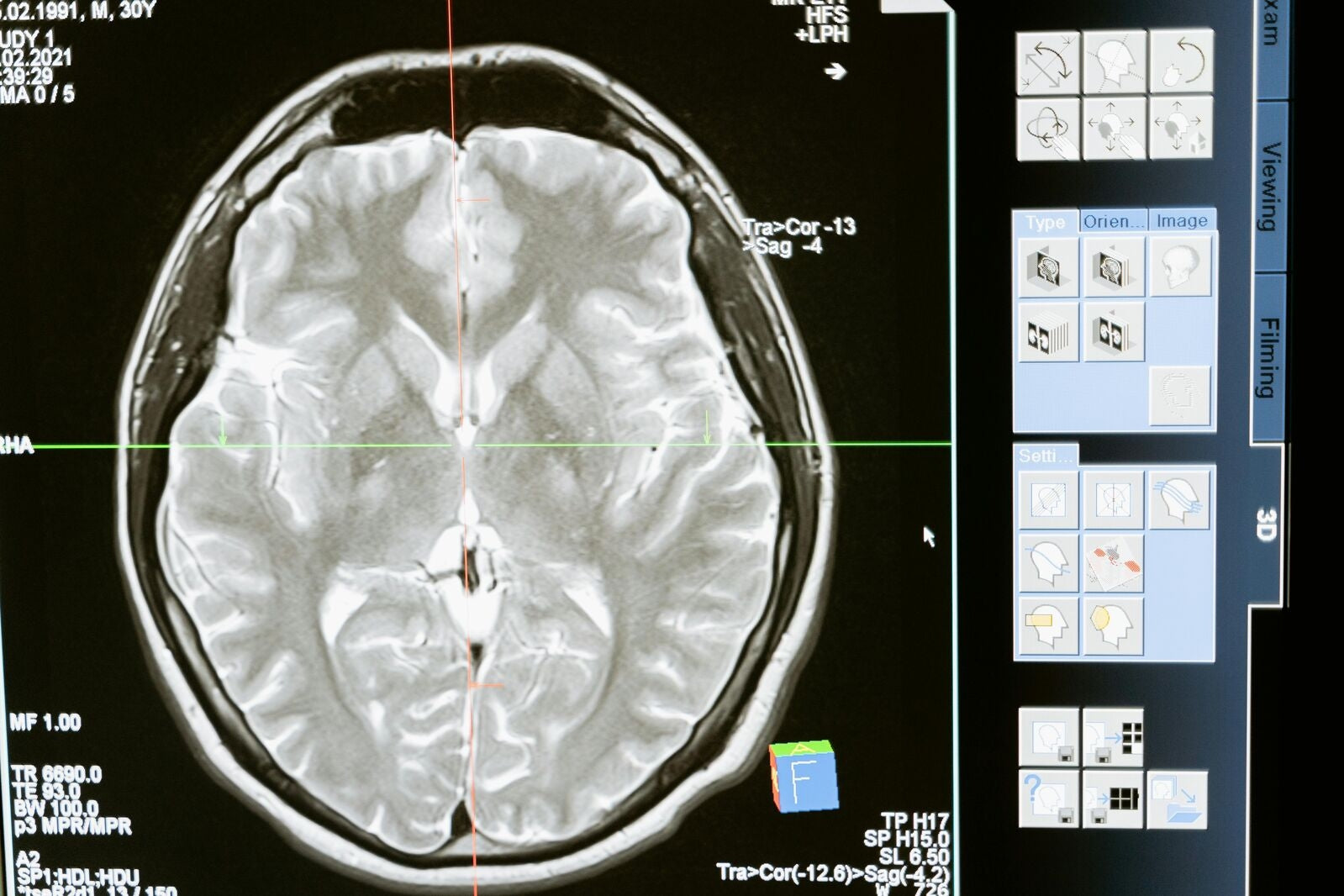Understanding Magnesium: What You Need to Know
Magnesium is an essential mineral involved in over 300 biochemical reactions in the body (Rawji et al., 2024). It supports muscle and nerve function, regulates blood pressure, strengthens bones, and plays a critical role in energy production. Despite its importance, magnesium deficiency is widespread, affecting millions of people globally. This article breaks down the science behind magnesium, its health benefits, and why supplementation could be a game-changer for many.
Why is Magnesium Important?
Magnesium is a fundamental mineral that plays a critical role in numerous biological functions. Its importance stems from its involvement in a wide array of physiological and biochemical processes:
-
Cofactor for Enzymatic Reactions:
-
Energy Production: Magnesium is involved in the activation of ATP (adenosine triphosphate), the primary energy currency of cells, enabling energy metabolism to support cellular activities.
-
DNA and Protein Synthesis: It contributes to the repair and replication of DNA and the synthesis of proteins, which are vital for growth and cell repair.
-
Neurotransmitter Regulation: Magnesium plays a role in synthesizing and regulating neurotransmitters, supporting healthy nervous system function (Houston, 2011) (Al Alawi, Majoni and Falhammar, 2018)
2. Regulator of Vital Functions:
Magnesium is essential for maintaining the proper function of:
-
Blood Pressure: It helps to relax and dilate blood vessels, acting as a natural calcium channel blocker, which promotes healthy blood pressure levels.
-
Glucose Control: Magnesium aids in insulin secretion and activity, playing a role in blood sugar regulation.
-
Muscle and Nerve Function: It ensures proper muscle contraction and nerve signal transmission, preventing cramps and spasms (Rawji et al., 2024).
3. Cardiovascular Health:
Magnesium is instrumental in improving cardiovascular function:
-
It promotes vascular tone and blood flow by increasing nitric oxide production and reducing arterial stiffness.
-
Magnesium helps lower the risk of arrhythmias and supports heart rhythm by regulating ion exchange in cardiac cells (Rawji et al., 2024) (Al Alawi, Majoni and Falhammar, 2018)
What Happens When You Don’t Get Enough?
Magnesium deficiency, or hypomagnesemia, can have far-reaching effects on health:
-
Neurological Issues: Symptoms include muscle cramps, fatigue, irritability, and even seizures in severe cases.(Al Alawi, Majoni and Falhammar, 2018)
-
Heart Problems: Deficiency has been linked to arrhythmias, hypertension, and coronary artery disease (Houston, 2011)
-
Chronic Inflammation: Low magnesium levels contribute to increased levels of C-reactive protein (CRP) and pro-inflammatory cytokines, which are markers of chronic (Veronese et al., 2022)
Who’s Most at Risk?
Populations at higher risk of magnesium deficiency include:
-
People with chronic illnesses like diabetes and gastrointestinal disorders.
-
Older adults due to reduced dietary intake and absorption.
-
Those with diets high in processed foods, are often depleted of magnesium (Al Alawi, Majoni and Falhammar, 2018)
Can Magnesium Supplementation Help?
Research supports the use of magnesium supplements for improving health in several ways:
-
Reducing Inflammation: A meta-analysis showed that magnesium supplementation significantly lowers CRP and increases nitric oxide levels, which supports cardiovascular (Veronese et al., 2022)
-
Improving Cardiovascular Health: Studies reveal that daily doses of 500–1,000 mg of magnesium can reduce blood pressure by up to 5.6/2.8 mmHg, making it comparable to some medications (Houston, 2011)
-
Boosting Athletic Performance: Magnesium enhances endurance and recovery by reducing oxidative stress and improving muscle function (Cinar et al., 2007)
-
Supporting Mental Health: Clinical trials suggest magnesium supplementation can improve symptoms of anxiety and enhance sleep quality, particularly in those with low baseline magnesium levels (Rawji et al., 2024)
Why choose our Magnesium Complex Plus
The form and dosage of magnesium matter:
-
Forms: Magnesium citrate, glycinate, and malate are more easily absorbed than magnesium oxide (Rawji et al., 2024)
-
Dosage: Most studies use doses ranging from 250–500 mg daily, though higher doses may be prescribed under medical supervision.
At VitaVault our Magnesium complex stands out as a reliable and effective option. With 375 mg of magnesium per serving, it provides 100% of the Nutrient Reference Value (NRV) using a thoughtful blend of three highly bioavailable forms: Magnesium Bisglycinate, known for its gentle effect on the stomach and ability to ease muscle tension; Magnesium Malate, which supports energy production and reduces muscle fatigue; and Magnesium Taurine Chelate, ideal for promoting heart health and healthy blood pressure
Are There Risks or Side Effects?
Magnesium supplements are generally safe, but high doses can cause gastrointestinal discomfort, including diarrhoea (Rawji et al., 2024).


Share:
Astaxanthin Benefits: The Most Powerful Antioxidant for Skin, Heart & Brain
The Benefits of Collagen Supplementation: Unlocking Beautiful, Radiant Skin